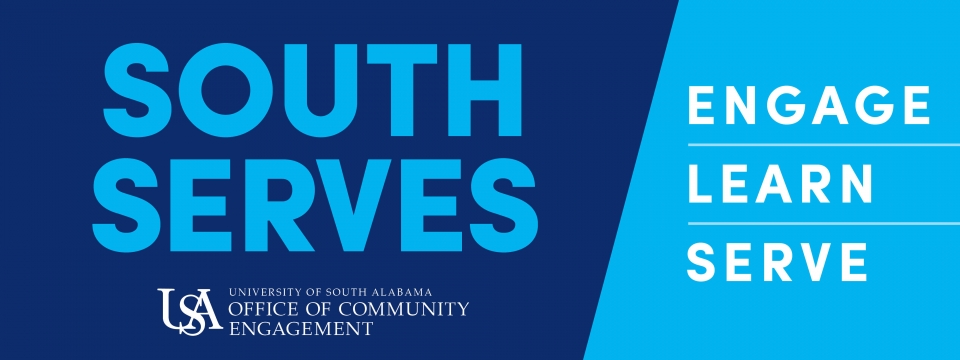

Who We Are
The Dauphin Island Sea Lab is made up of faculty, their labs, including technicians and students, departmental staff, the Alabama Aquarium, and the MESC.
DISL’s Marine Mammal Research Program conducts primary research and monitoring of marine mammals (cetaceans and manatees) that reside in or visit the north-central Gulf of Mexico and surrounding waters through which they travel.
Our research program focuses on marine mammal health and ecology, with a goal to understand the habitat and resource use, food web interactions, movement patterns and migration, and threats and causes of stranding or death.
Our program includes DISL’s Manatee Sighting Network, the Alabama Marine Mammal Stranding Network, and other related research projects. In addition to enhancing our basic understanding of marine mammal ecology, we provide data to guide the management and conservation of marine mammals and their habitat.
What We Do
The Dauphin Island Sea Lab's Manatee Sighting Network (DISL/MSN) is the only formal network to receive and track manatee sightings in the northern Gulf of Mexico. DISL/MSN research focuses on defining where manatees go and what they eat while visiting Alabama and surrounding waters. The network is dedicated to sharing data with other researchers, managers, and the public to support recovery efforts for West Indian manatees across their range. MSN was founded in 2007 as a collaboration among researchers at the Dauphin Island Sea Lab and Sea to Shore Alliance in Florida. Since it started, the network has successfully processed more than 4,000 manatee sightings and serves as the sighting clearinghouse in the northern Gulf of Mexico. You can support DISL/MSN’s mission by reporting manatee sightings by phone at 1-866-493-5803, online at manatee.disl.org, or via email at manatee@disl.org. Follow us on Facebook as Mobile Manatees Sighting Network.
The Alabama Marine Mammal Stranding Network (ALMMSN) is a cooperative regional stranding network partner working in conjunction with NOAA’s National Marine Fisheries Service to respond to dolphin and whale strandings in Alabama and U.S. Fish and Wildlife Service to respond to manatee strandings in Alabama and Mississippi. The primary goals of ALMMSN are to enhance reporting and response efforts for marine mammal strandings and to collect and disseminate high-quality data from stranding events to inform the management and conservation of marine mammals. We work with stranding network partners across the northern Gulf of Mexico to provide mutual aid for stranding response and collaborate on research efforts. If you encounter a stranded, injured, or dead marine mammal, call 1-877-WHALE-HELP.
Brought to you by
Details
| (251) 861-2141 ext. 7557 | |
| mrussell@disl.org | |
| Mackenzie Russell | |
| Research Technician | |
| https://www.disl.edu/research/marine-mammal-research-program |


